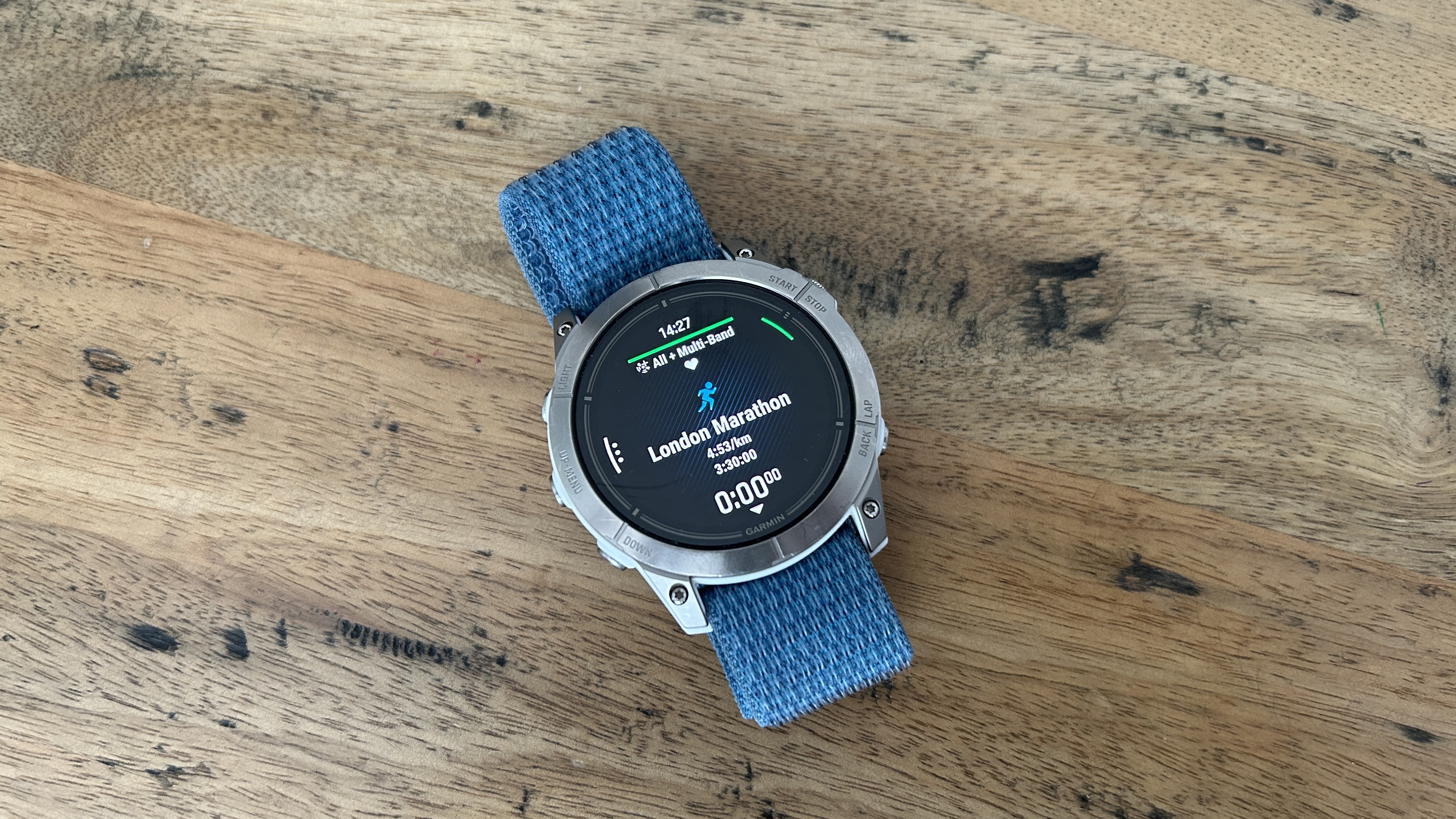Omega 3 Fish Oil Supplements: Probably Not Worth It
A new systematic review into omega 3 supplements has found little benefit for heart health

Omega 3 fats have garnered an excellent reputation as being good for you in recent years, especially with regard to heart health, but a new piece of research has called this reputation into question.
A Cochrane systematic review combining the results of 79 randomised trials involving 112,059 people has found that taking omega 3 supplements like fish oil has little or no effect on cardiovascular health. Cochrane reviews are the gold standard for research into important health questions like this, so this is one bit of health news to take note of.
To better understand what it means for the average person taking omega 3 supplements or eating oily fish to get omega 3, we contacted Cochrane lead author Dr Lee Hooper of the University of East Anglia.
What health outcomes have omega 3 fats been thought to benefit in the past?
Omega 3 fats were thought to prevent coronary heart events, including heart attacks and angina, and arrhythmia, which can lead to sudden cardiac death. It was also thought that omega 3 might increase the risk of some (bleeding or haemorrhagic) strokes.
What were the results of the systematic review for those outcomes?
We found enough evidence on coronary heart events and arrhythmia to say that omega 3 probably makes little or no difference to coronary heart events and arrhythmia. The same was true of strokes. So we see no benefits, but no harms either.
Get the Coach Newsletter
Sign up for workout ideas, training advice, reviews of the latest gear and more.
Did the review look mostly at omega 3 supplements or foods high in omega 3, or both?
We looked for studies that did either and some did both, but there are few trials that aimed to increase oily fish, so most of the information we have comes from trials of omega 3 supplements – fish oil supplements. Our conclusions are about the effects of omega 3 supplements since there is enough information in the studies to be clear about this.
What would the advice be for people who already eat a diet high in omega 3 and for those who are currently using supplements with the hope of improving their health?
People who are eating a diet high in omega 3 are probably also eating a healthy diet – high in fruit and vegetables, nuts, low-fat dairy foods, moderate alcohol, unrefined carbohydrates, beans and other low-fat protein sources – so they should keep on doing this.
People taking omega 3 supplements should make sure that they are eating well and consider spending the money spent on supplements on other ways of staying healthy. We know that ways to reduce our risk of heart and vascular diseases include staying fit and active, not smoking, drinking alcohol in moderation, staying a healthy weight and eating healthy foods.
If people are not currently taking omega 3 supplements, is it fair to say there is no reason to start?
Yes, there are few reasons to start. If omega 3 supplements have been prescribed by your doctor then don’t stop taking the supplements, go and talk to your doctor. For example, some people are prescribed omega 3 supplements to reduce high blood triglycerides – these people should take omega 3 supplements. But if you are considering taking omega 3 supplements to protect your heart, with no specific indications from your doctor, then it is not sensible to start – they will not help.
Are there other benefits to oily fish that mean people should still try and eat one or two portions a week?
Oily fish is a great and tasty food. It replaces other protein foods, so we may eat oily fish in place of sausages or other fatty foods, making it helpful in helping to cut down on saturated fat intakes. Oily fish is also rich in nutrients that are scarce in other foods – selenium, iodine, calcium and vitamin D. While we don’t have evidence from trials that eating more oily fish will reduce our risk of heart and vascular illnesses, it may well do. Even if it doesn’t reduce our risk of cardiovascular disease, oily fish offers other nutrients and potential benefits, and contributes to a nutrient-rich diet.

Nick Harris-Fry is a journalist who has been covering health and fitness since 2015. Nick is an avid runner, covering 70-110km a week, which gives him ample opportunity to test a wide range of running shoes and running gear. He is also the chief tester for fitness trackers and running watches, treadmills and exercise bikes, and workout headphones.









